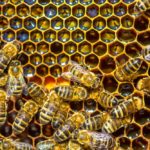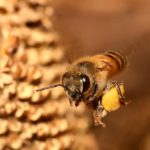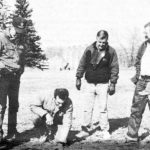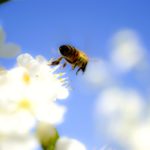A study by Swiss scientists has found trace levels of at least one neonicotinoid pesticide in three-quarters of the honey samples it collected from around the world. The study, spearheaded by a team from Switzerland’s Universite de Neuchatel and published in Friday’s edition of the journal Science, was meant to assess “global exposure of pollinators













